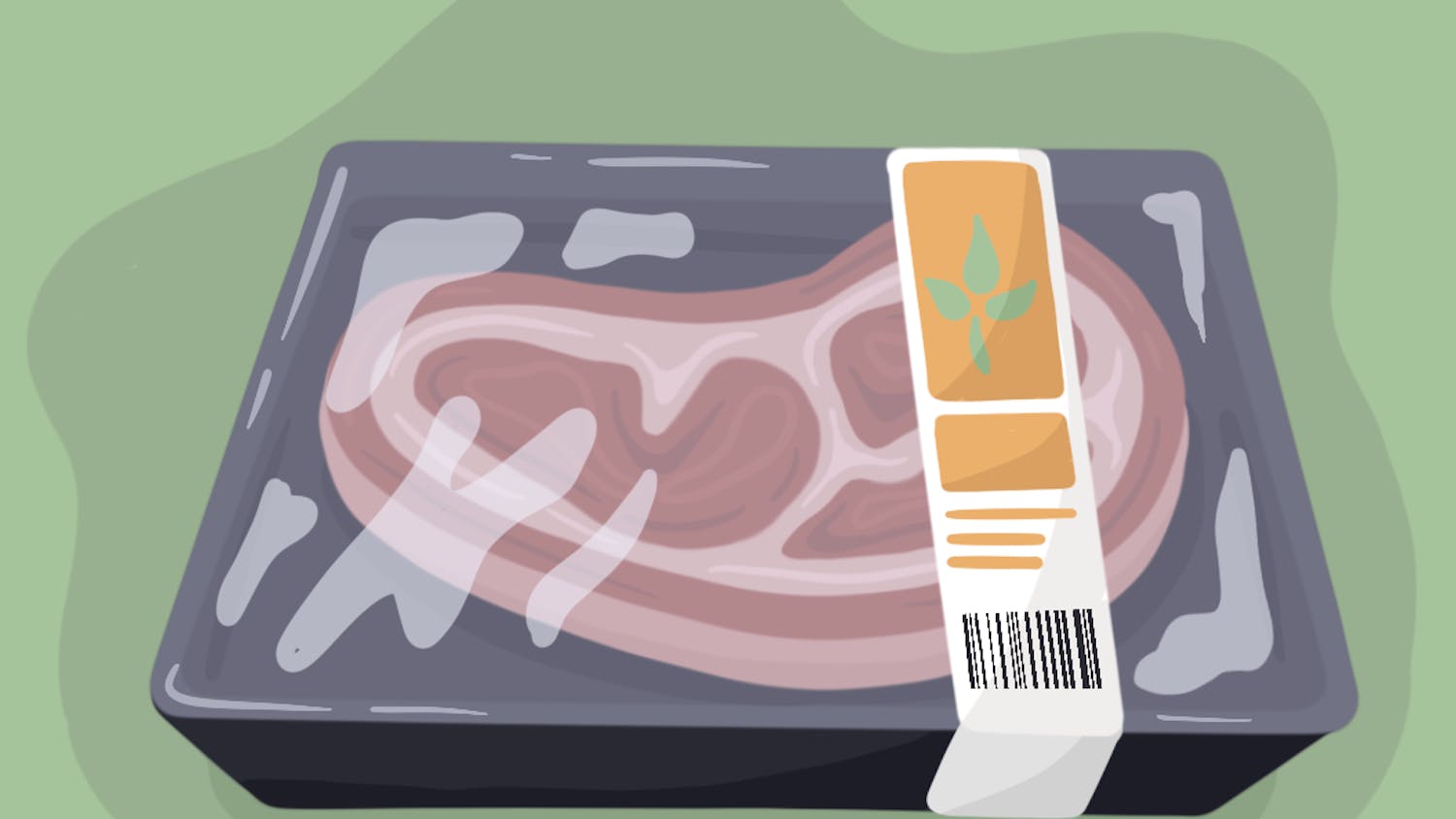Though lawmakers in Washington argue about how best to manage the agriculture industry, it seems the best way for them to manage it would be to not manage it at all. Agricultural subsidies have created a drag on our economy, encouraged poor farming practices and have given politicians an excuse to try and implement tax penalties on food items they deem unhealthy.
Any person in favor of continuing agricultural subsidies is, in essence, in favor of massive government handouts to wealthy farm owners. According to the Environmental Working Group Farm Subsidies website, the federal government has spent $292.5 billion on farm subsidies from 1995 to 2012, and $84.4 billion was specifically for corn farmers.
Corn farmers are the biggest beneficiaries of corporate welfare in the agriculture industry, and this explains why products made with high-fructose corn syrup are so inexpensive. These massive government handouts to corn farmers have enabled them to overproduce and sell their products at an artificially low price. Products containing high amounts of high-fructose corn syrup have been linked to diabetes and obesity, and their low prices have made these products readily available to us all.
Yet the same government that dishes out money hand-over-foot to corn farmers now feels that we are all becoming too fat and unhealthy due to our consumption of products containing high-fructose corn syrup. In fact, Richard F. Daines, the former commissioner of the New York State Department of Health, urged New York to tax soft drinks in order to help fight obesity and unhealthy lifestyles. But wouldn’t the obvious answer to curbing obesity be to stop subsidizing the farmers who produce unhealthy food products?
Subsidies have also promoted poor farming practices. Some of these practices include overuse of marginal farmland, overproduction and negligent cost-control procedures. Farmers who receive these massive subsidies are less likely to use effective cost-control measures because they know the federal government will cover their losses. For some strange reason it seems the public is OK with bailouts for wealthy farm owners but not wealthy bankers — despite both of these measures being one and the same.
Many people seem to oppose the idea of ending all subsidization of the agriculture industry for fear of food shortages and putting people out of work, but the actual consequences of such measures yield results contrary to common misconception. The actual results are more resilient farming practices in the long run.
For example, in 1984, New Zealand ended all farm subsidies and still managed to have a vibrant farming industry. Although there were rough spots and many farmers went out of business, the industry survived and many farmers in New Zealand today feel they are better off without subsidies. Dean Kleckner, the former president of the American Farm Bureau, has stated that he “never met a farmer who wanted to go back to subsidies” in a New York Times op-ed regarding farm subsidies in New Zealand.
Using taxpayer money to prop up private business of any sort is a triumph for crony capitalism and a complete drag on our economy. Imagine if the billions of dollars used to encourage wasteful farming practices were not taken in the first place. That would mean billions of dollars spent by consumers in industries of their choosing, creating jobs and spurring our economy in the process. And even if the money were not spent, savings for large investment projects would increase and interest rates would fall due to inflated bank reserves.
The farm bill is nothing more than politicians arguing over how to best squander taxpayer money, bailout faulty business and thwart possible economic growth. The United States should follow the New Zealand model for agricultural subsidies by stopping them completely.
T. Emmett Ryan is a Santa Fe political science sophomore. His column appears Tuesdays.





